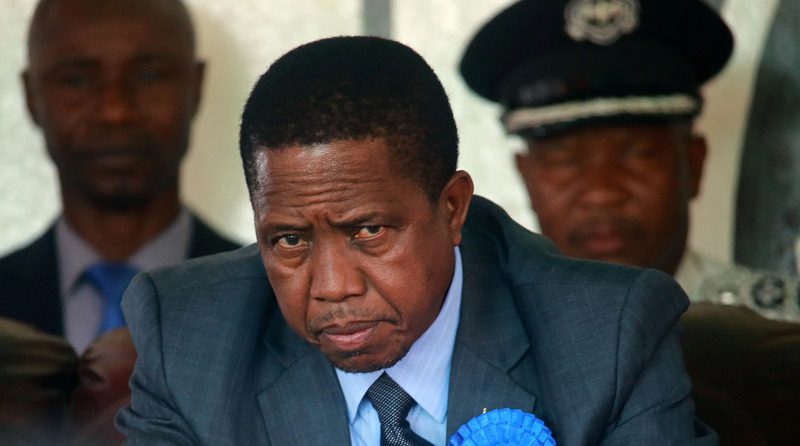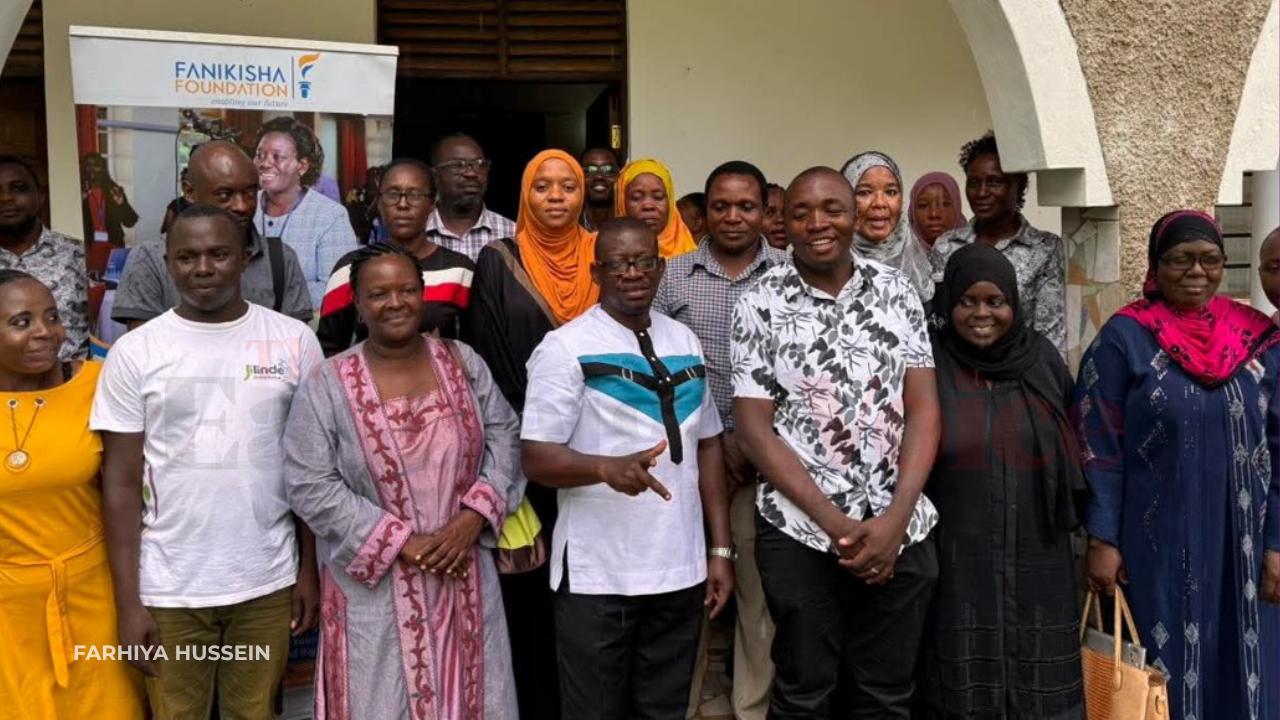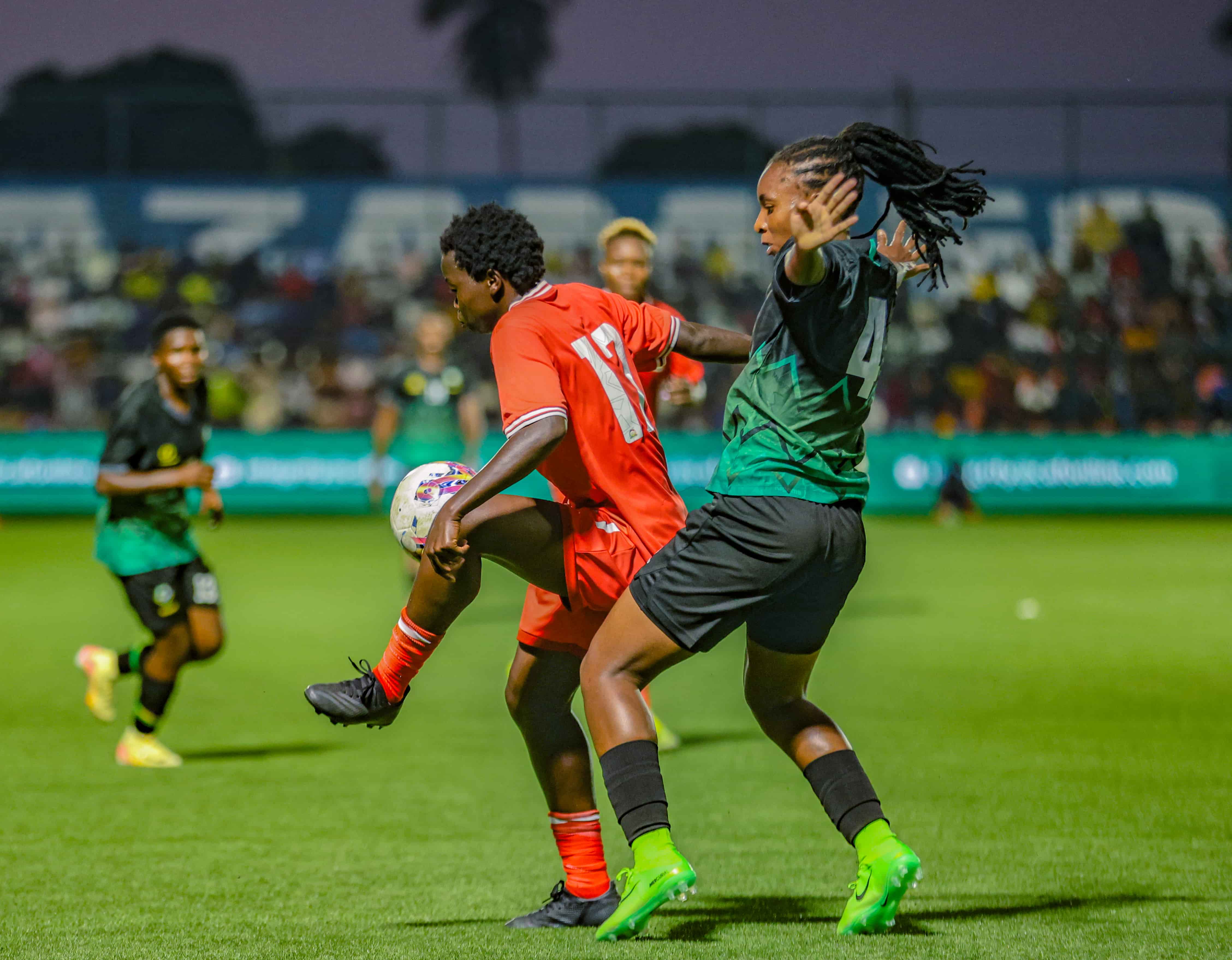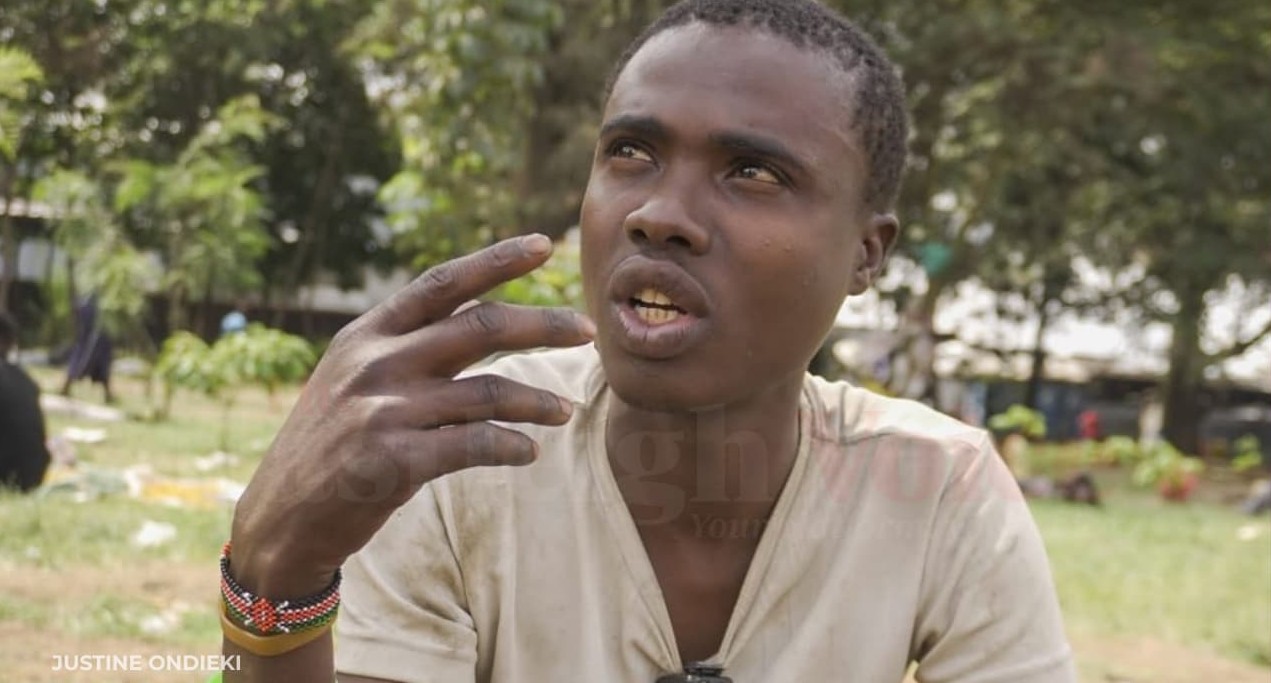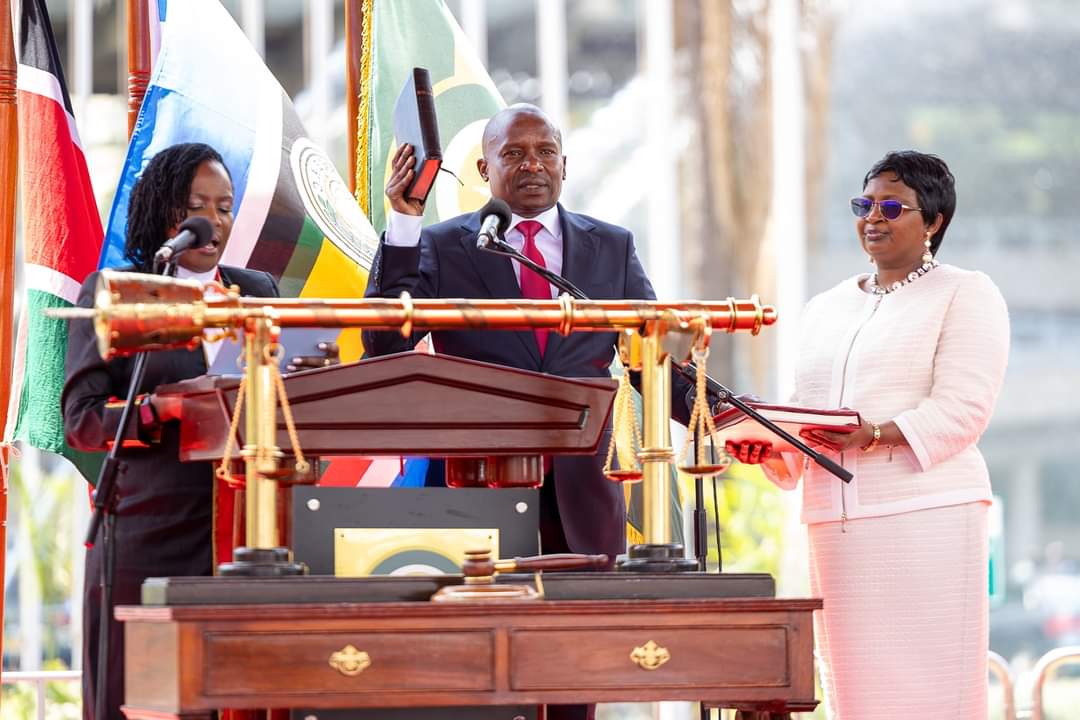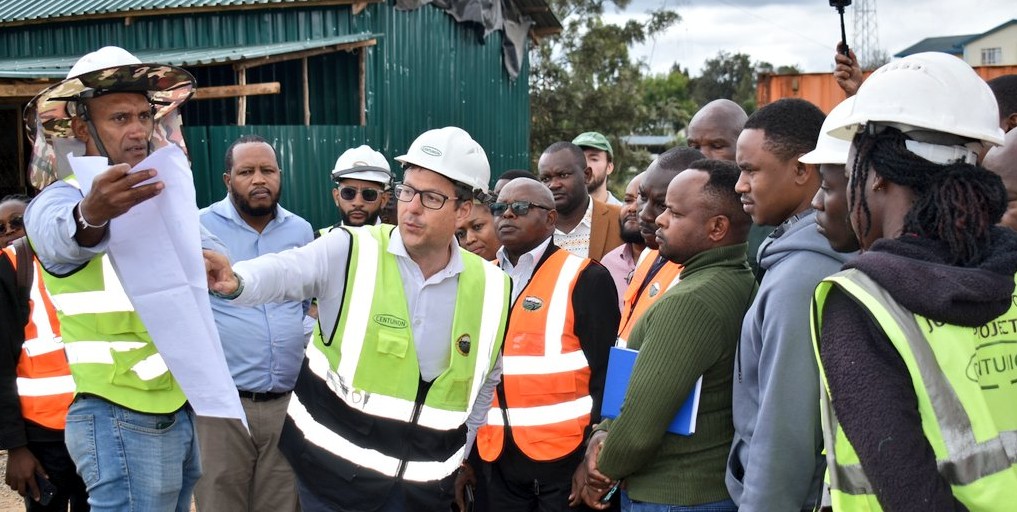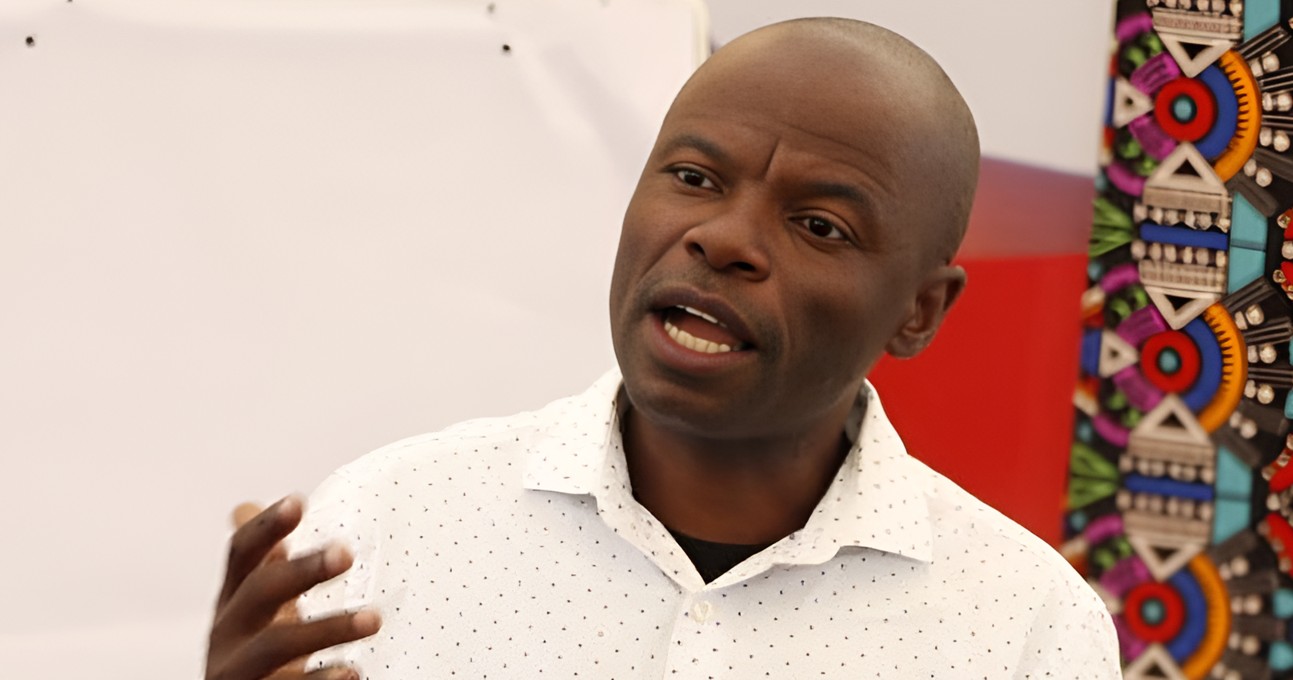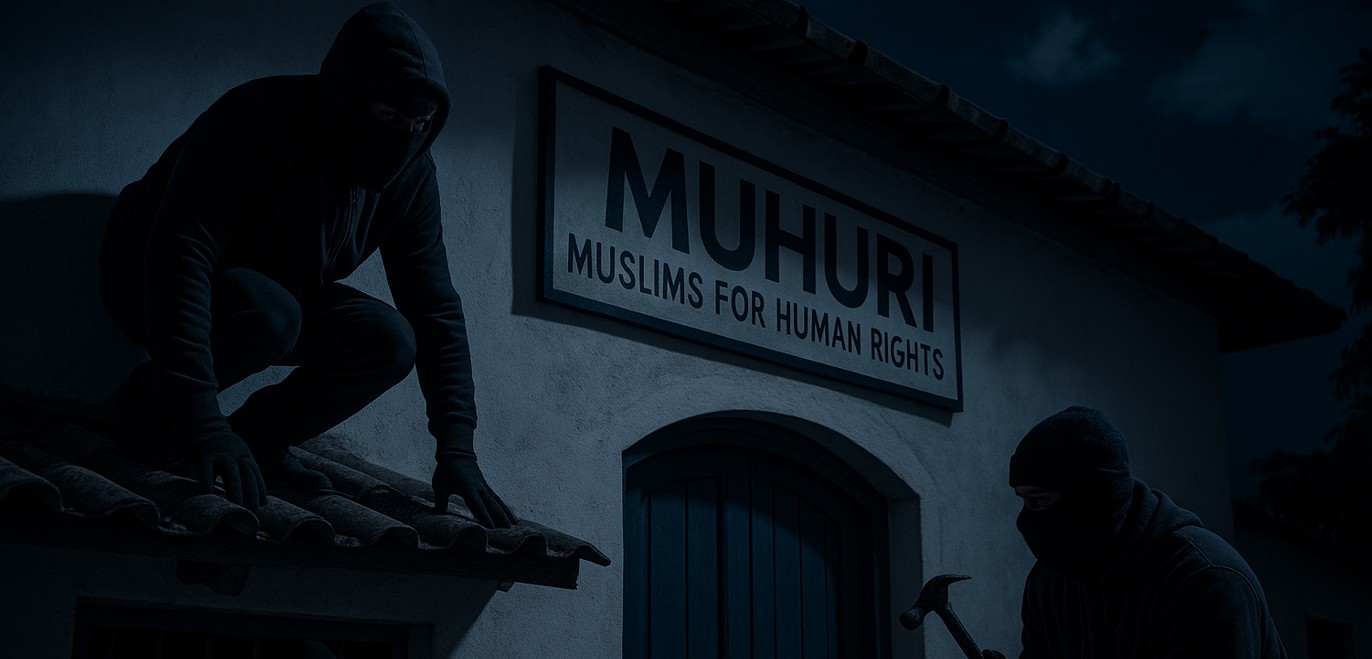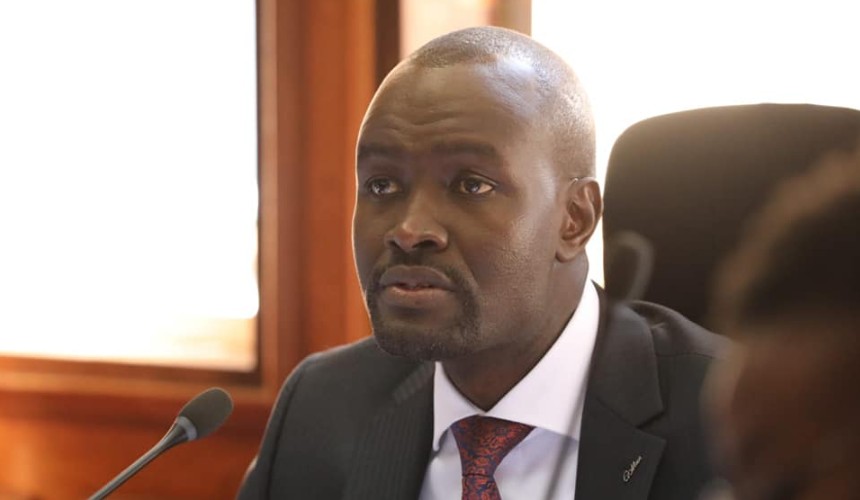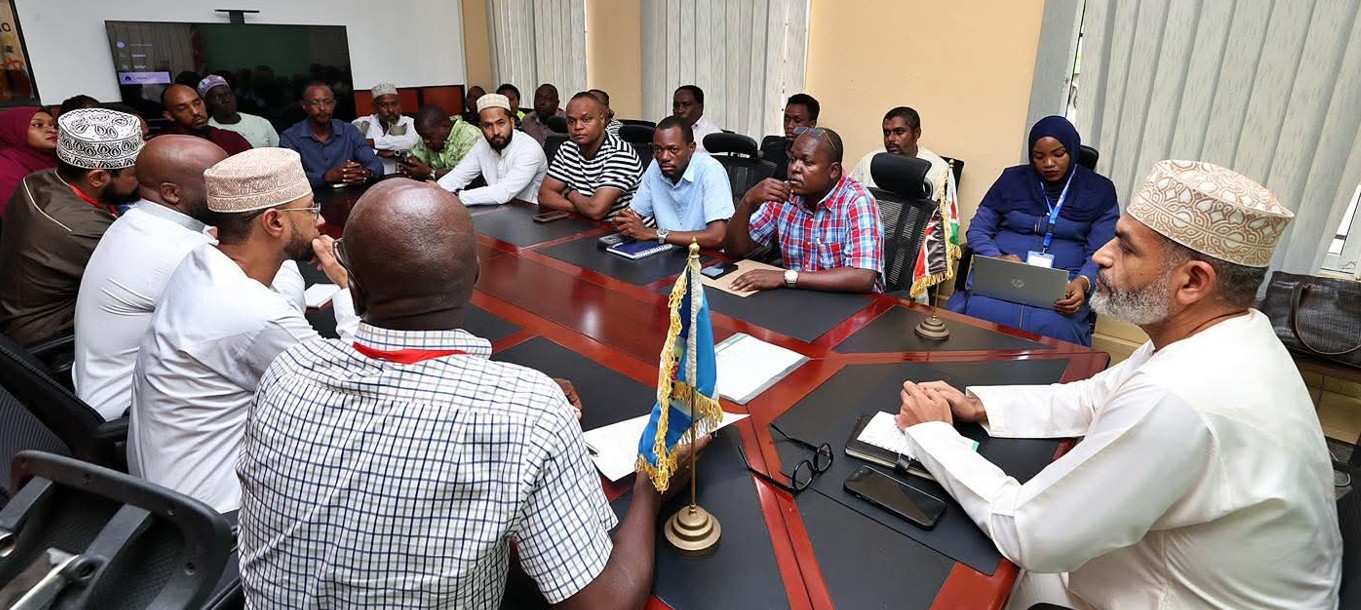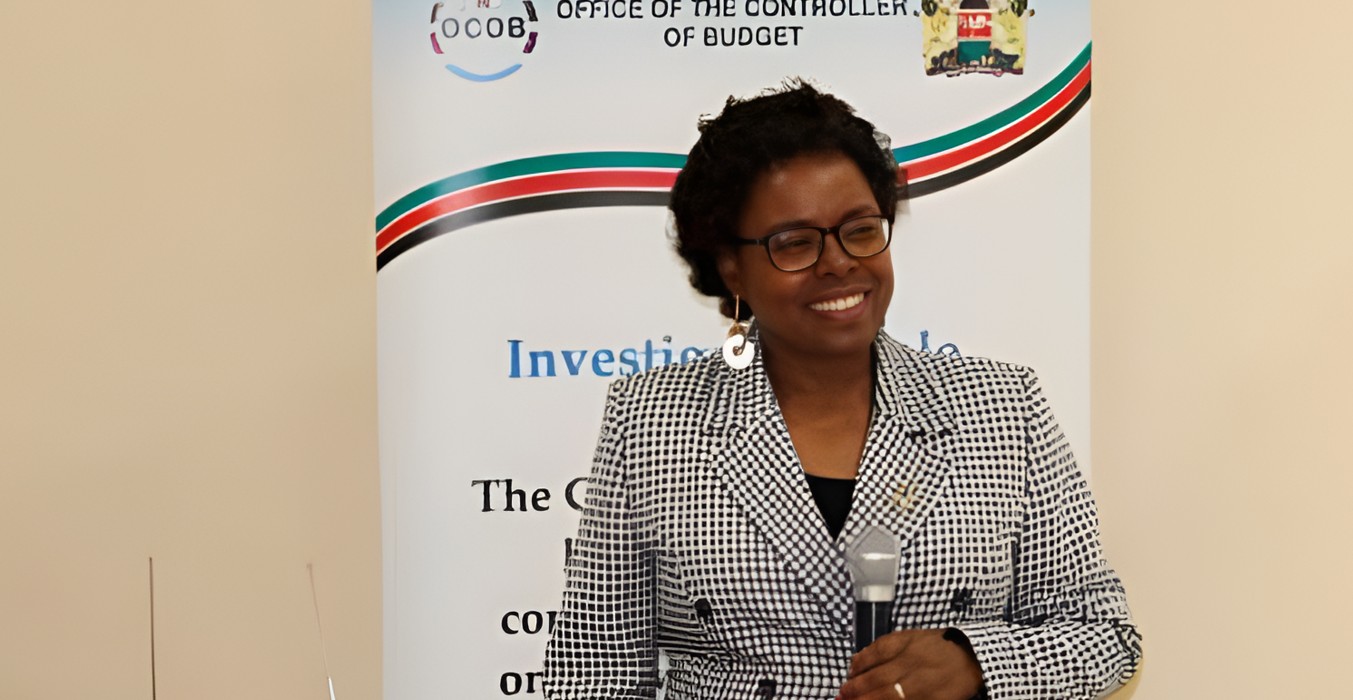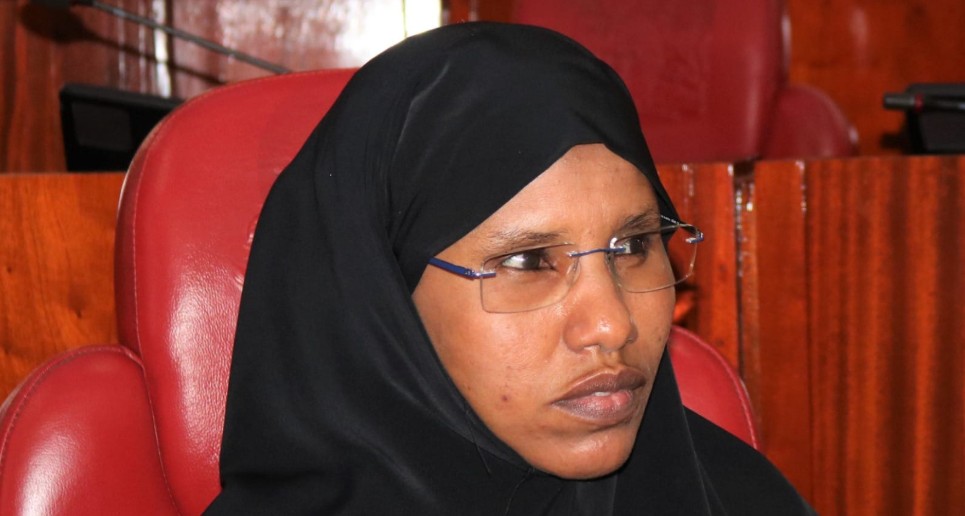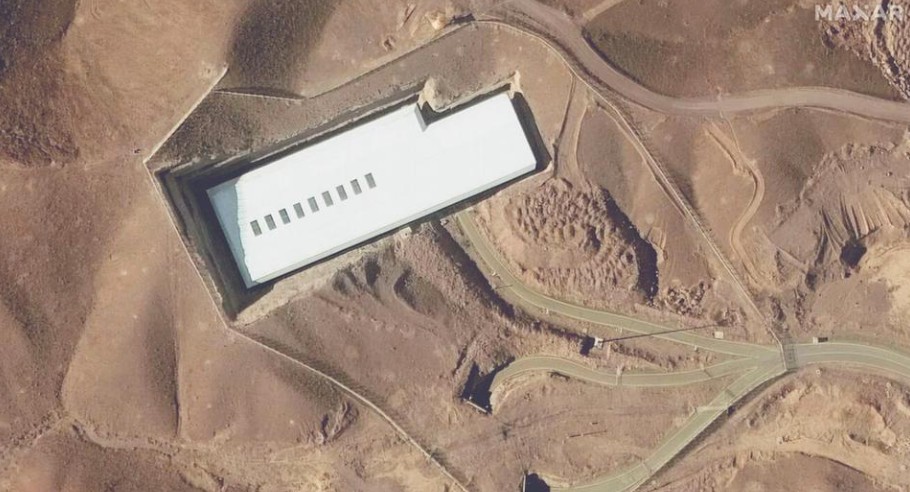Accountants, doctors, lawyers and engineers biggest defaulters of HELB loans – CEO Geoffrey Monari
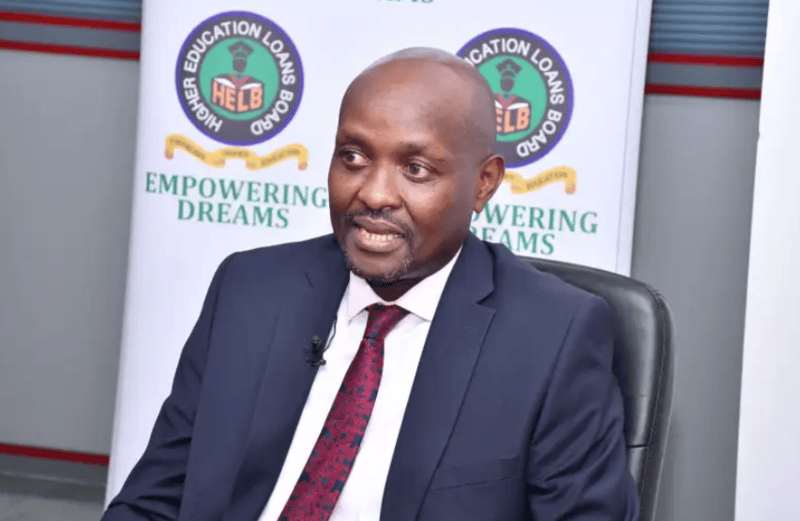
According to HELB CEO Geoffrey Monari, accountants top the list of non-payment, with only 11 per cent of the active ones repaying their loans. Out of 20,420 accounts linked to trained accountants, just 2,420 are active in repayment, leaving about 18,000 in default.
Private sector professionals, including accountants, doctors, lawyers, and engineers, have emerged as the biggest defaulters of Higher Education Loans Board (HELB) loans, sparking a fresh push for tougher recovery measures.
In an interview with Citizen TV on Tuesday, June 17, HELB CEO Geoffrey Monari said the trend of non-payment was prevalent among graduates in private practice.
More To Read
- President Ruto vows to go after schools defying fee payment on eCitizen
- HELB resumes disbursements to KMTC students after Treasury releases Sh500 million
- Over 71,000 HELB defaulters blacklisted as Sh35 billion debt threatens student loans
- HELB seeks powers to freeze bank accounts of 316,000 loan defaulters
- Government launches national ID registration for 18-year-old secondary school students
- KUCCPS reopens final course revision window for 2024 KCSE candidates until June 7
According to Monari, accountants top the list, with only 11 per cent of the active ones repaying their loans. Out of 20,420 accounts linked to trained accountants, just 2,420 are active in repayment, leaving about 18,000 in default.
Doctors follow closely, with only 18 per cent of 11,501 practising doctors repaying their loans. At the same time, 51,594 former students who graduated over 20 years ago still owe HELB Ksh8 billion.
Lawyers are also among the top defaulters. “Of the more than 23,000 lawyers who received HELB financing, only 2,644 have repaid any amount,” said Monari.
In the engineering field, HELB data shows that only 1,594 of the 24,803 beneficiaries have cleared their loans, while just 894 others are still repaying. The rest have defaulted.
“The problem is when people go to the private sector, they start to become a problem to us,” Monari said, pointing to the difficulty of tracing and enforcing repayments from individuals outside government employment.
To tighten recovery, Monari announced that HELB will begin working with professional bodies and employers to deny licence renewals to those who fail to pay up.
This forms part of HELB’s wider strategy to recover billions in unpaid loans, which includes partnerships with employers, use of credit reference bureaus, and legal action.
Monari said a huge portion of the defaulted loans is linked to graduates who left school nearly two decades ago.
“The government is keen on recovering these funds to support current students relying on HELB for their education,” he added.
However, he said, the board would be lenient with recent graduates who completed their studies within the last 1 to 11 years. These individuals owe Sh46 billion but are seen as still transitioning into stable employment.
Monari, at the same time, praised teachers as the most consistent profession in repaying HELB loans. He said more than 44,000 teachers are actively servicing their loans, with only about 3,500 in formal employment yet to begin repayment.
Top Stories Today

